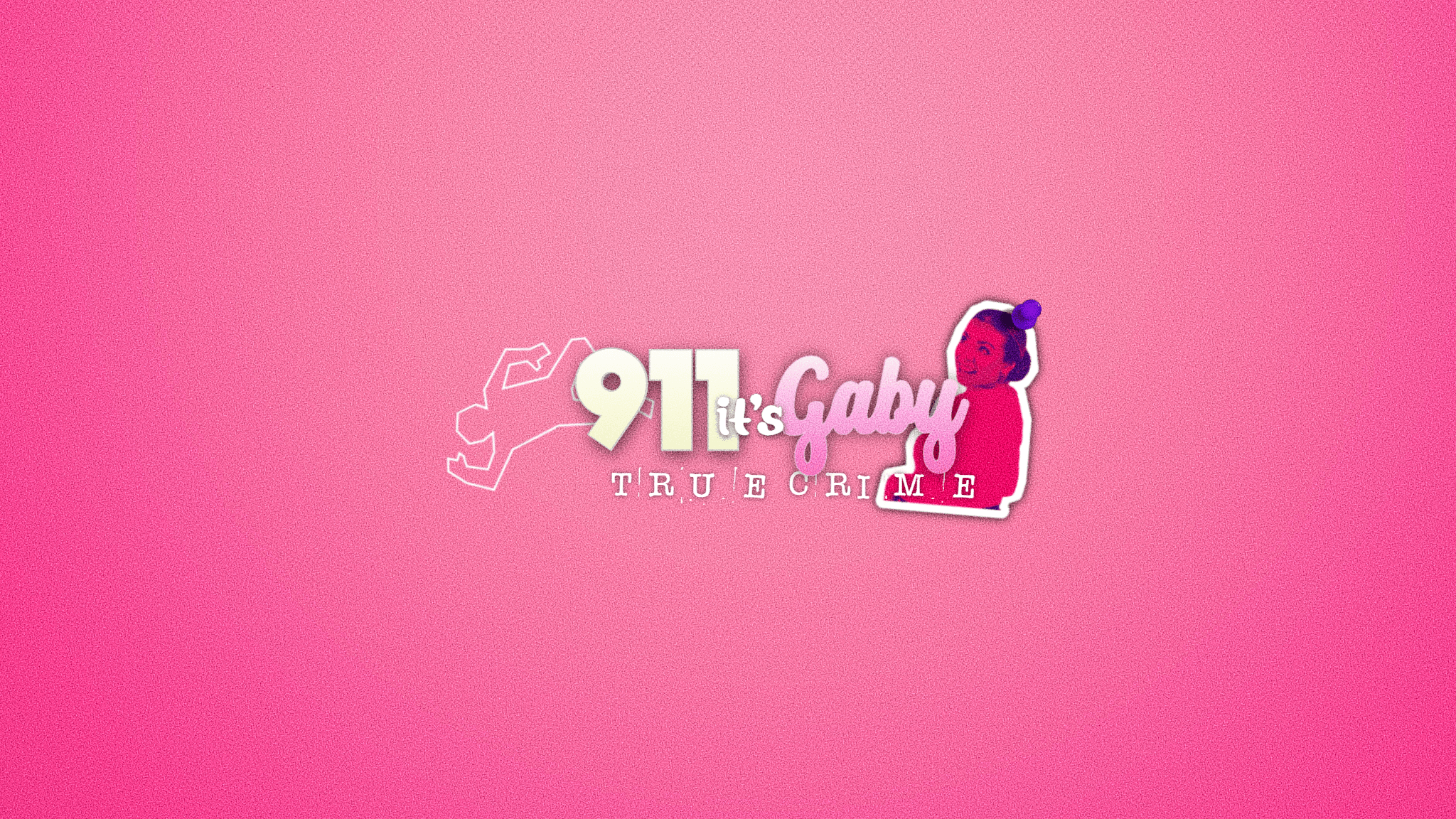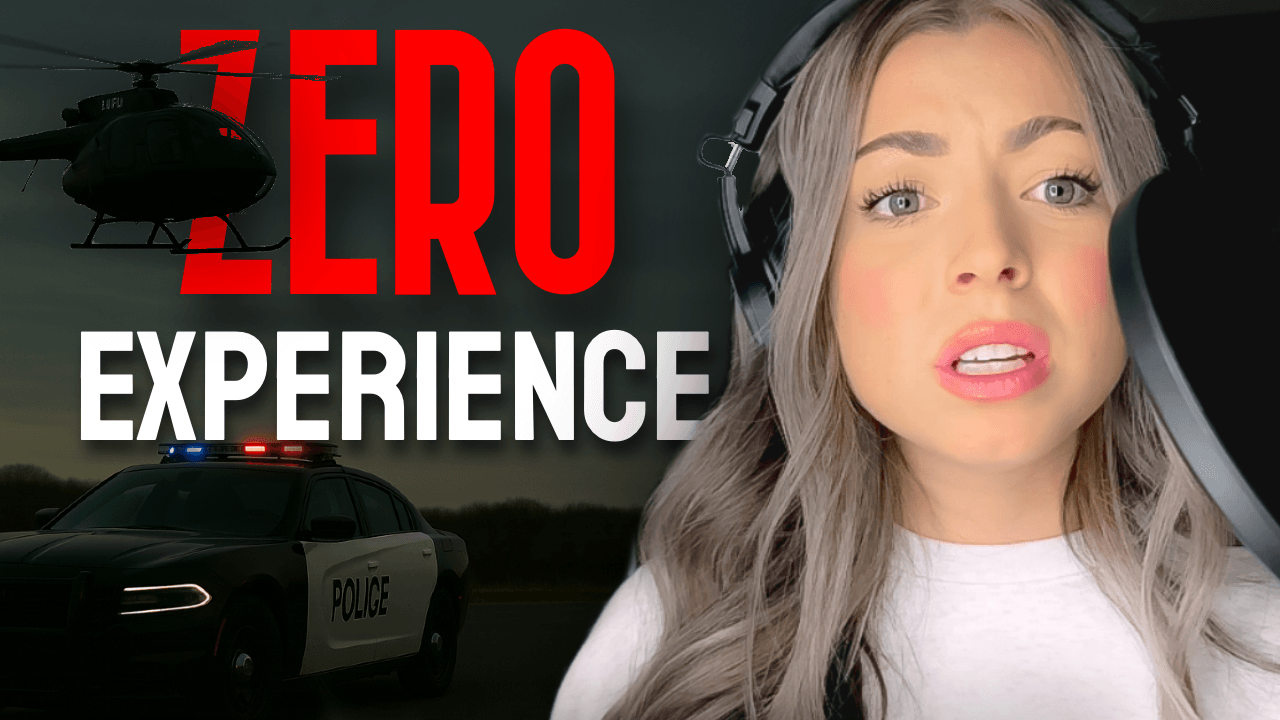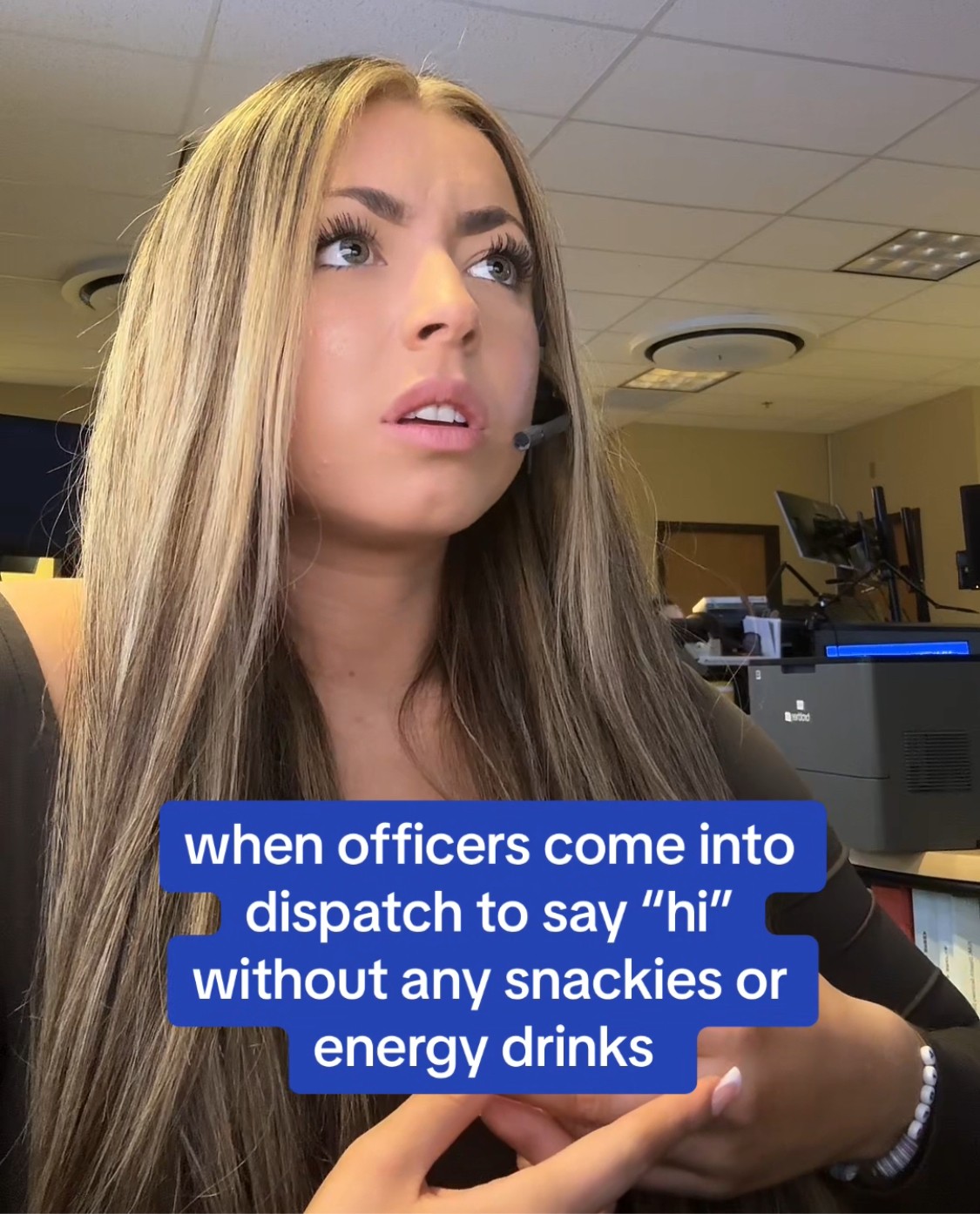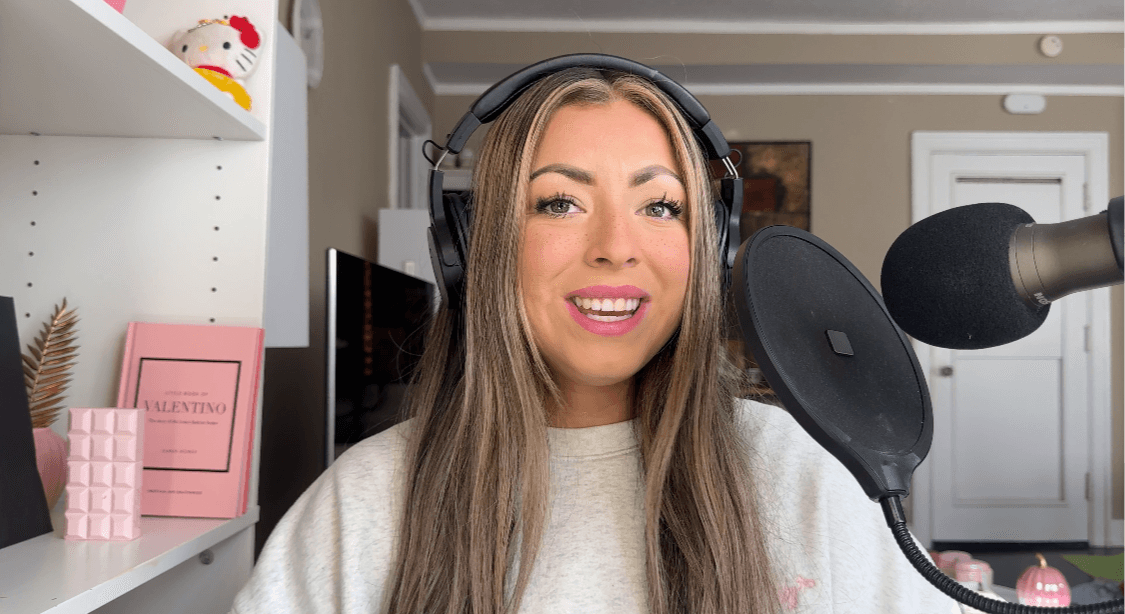We were lucky to catch up with Gaby Villegas recently and have shared our conversation below.
Gaby, looking forward to hearing all of your stories today. Was there a defining moment in your professional career? A moment that changed the trajectory of your career?
One of the most defining moments in my career didn’t happen during a call I answered, but during shift change. I came in while an active investigation was unfolding. A baby had been found deceased in a bathroom trash can. The details were devastating. A woman had entered the bathroom visibly pregnant, and exited no longer pregnant. Medical findings later revealed that the baby had toilet water in its lungs but because investigators couldn’t prove the baby was intentionally drowned, the woman was released. What shocked me even more was learning she had done the same thing before, in another state.
I was part of unraveling the truth. Pulling surveillance footage, logging timestamps, working alongside officers and my dispatch team to piece together what had happened. I wasn’t on the phone that day, but I felt every part of it. The injustice, the tragedy, the helplessness. It was a reminder that being a dispatcher doesn’t end when the line disconnects. We stay connected to the outcomes.
That moment changed how I saw my role. Every shift is about more than just calls. it’s about people and real lives. It tests your limits and reveals true, raw emotion that not everyone is able to withstand. From the mean, angry callers, to the most heartbreaking tragedies.
That moment also lit something in me. Not just frustration but clarity. It reminded me why I do this job. Because not everyone has someone to turn to. Some people call because they are scared, alone or maybe even desperate and they simply need someone to care. I am here for them. I know that I can’t grant justice to every situation but I can be a voice of empathy in a world that doesn’t always offer it freely or willingly.

Awesome – so before we get into the rest of our questions, can you briefly introduce yourself to our readers.
I’m a 911 Operator and Police Dispatcher, and honestly, that job is a huge part of who I am. I didn’t grow up saying, ‘I want to be a dispatcher,’ but I kind of fell into it and realized it was the perfect fit for me. I like being the calm in the middle of chaos. It’s not just answering calls, it’s being there for people on one of the worst days of their life and making sure help gets to them as fast as possible.
Outside of work, I started making videos and giving advice about dispatch life in a very comedic, real and unfiltered way. A lot of people have no idea what goes on behind the headset, and I like being more open about who we are, what we do and how we feel. I try to mix humor, reality, and a little bit of encouragement for anyone who’s interested in the job or just wants to know what it’s like.
What sets me apart? I think it’s that I’m not sugar‑coating it. I show the good, the bad, the stressful, and the funny. I’m proud of being able to connect with people in a way that makes them feel seen, whether they’re dispatchers themselves or just curious about what we do.
If there’s one thing I want people to know about me and my work, it’s that dispatchers are humans first. We care a lot, we carry a lot, and even though you don’t see us, we’re always there, 24/7. And I just happen to put that into videos so people can understand it a little better.
Can you share a story from your journey that illustrates your resilience?
One call that’s always stuck with me was from a woman whose family member had gone missing. She was terrified they were going to take their own life. We were on the phone with her, checking in with our officers, talking to other agencies, putting out a BOLO (Be On the Look Out), even working with the phone carrier to try to ping their location. I never found out what happened because the case was taken by another agency but those are the moments that really test you. You’re in it, doing everything you can, and then sometimes you just don’t get closure. It’s hard not to carry that home with you, and honestly, it can make you a little paranoid about your own loved ones. Over time, I’ve had to learn how to leave work at work. That’s been a big part of my resilience. Knowing how to care deeply in the moment, but also how to let go when I need to.

Other than training/knowledge, what do you think is most helpful for succeeding in your field?
I think the most important thing is keeping my mind sharp, calm, and refreshed. In this job, that’s what really makes the difference.
I’m a big fan of self-help books, and my favorite is Good Vibes, Good Life. As first responders, we often struggle with balance and asking for help because we’re “supposed to be the hero.” Books like this help me remember to take care of myself, too.
I’m not big on apps, but I do enjoy TikTok for connecting with other dispatchers. It gives me that sense of unity. I also like watching Emma Chamberlain. She helps me remember to take things slow and be content with the simple things in life. While I don’t think you need to spend all your free time studying dispatch material, I do recommend monkeytype.com. it’s helped me improve my typing speed and accuracy.
Contact Info:
- Instagram: https://www.instagram.com/911itsgaby/?hl=en
- Facebook: https://www.facebook.com/61566172621561/videos/
- Youtube: https://www.youtube.com/@911itsGaby



